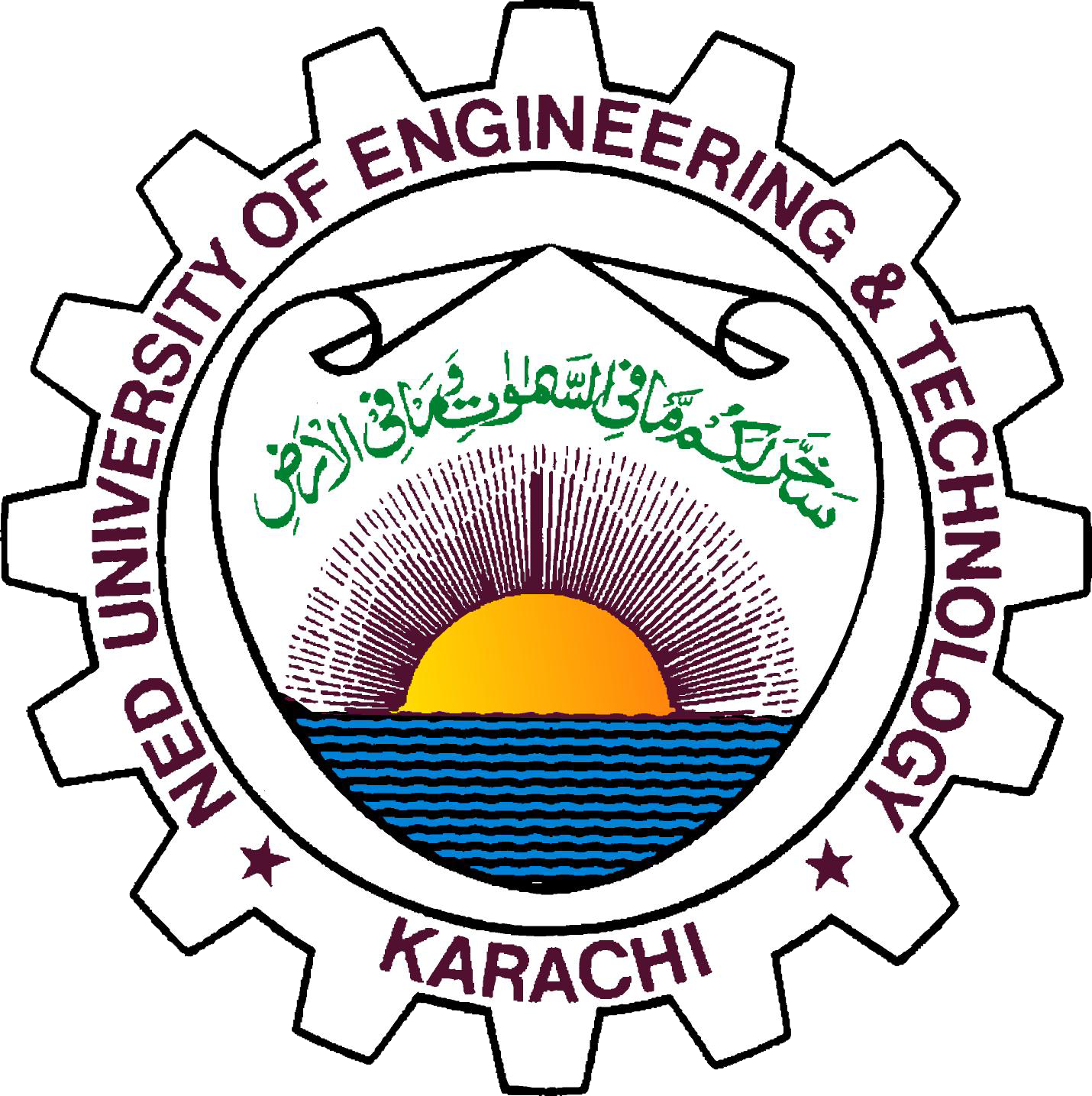The
course will introduce the students to various aspects of Geo-textiles including fibre properties, applications, and the functional
properties of the end products in areas such as industrial textiles and building engineering.
Coating, laminating, and nano-technology are also covered as methods to
functionalize the textiles. The students finish the course with a group project.
Learning outcomes
By the end of this
training course, the participants will be able to suggest clothing adaptations
to add advanced protective elements.
The
course will introduce the students to various aspects of Protective textiles
including fibre properties, applications, and the functional properties of the
end products in areas such as medical textiles and protective clothing. Coatings, heating elements, and ergonomy are
also covered. The students finish
the course with a group project.
Learning outcomes
By the end of this
training course, the participants will be able to suggest clothing adaptations
to add advanced protective elements.
The course will introduce the students to smart
textiles in all their forms. An overview of smart textiles and the
classification is first given. All different ways to create conductive textiles
are presented, before moving on to textile sensors and actuators. Specific
attention is given to polymers, SMA and microcapsules. All types of applications are presented,
specifically the smart protection. A basis of product design for smart textiles
is given, and the students finish the course with a group project in which they
create a prototype smart textile/garment.
Learning outcomes
The
course will introduce the students to various aspects of technical textiles including
fibre properties, applications, and the functional properties of the end
products in areas such as automotive, medical, industrial, protective clothing
and engineering applications. Students will be able to understand the different
functional end-uses of technical textiles other than apparel and clothing, and
home furnishing items. The students finish
the course with a group project.
Learning outcomes
By the end of this
training course, the participants will be able to:
The
course will introduce the students to textile composites. They learn all practical
aspects, the different forms (woven, knitted), the resins used. The students finish
the course with a group project.
Learning outcomes
By the end of this
training course, the participants will be able to suggest where composites can
replace other materials, and the optimal construction method for a specific use
case.
This course is a translated localized course with material as given in the Bachelor of Technical Textiles of NED University of Engineering & Technology. It is given here to give a localized overview of material that students are expected to learn.

